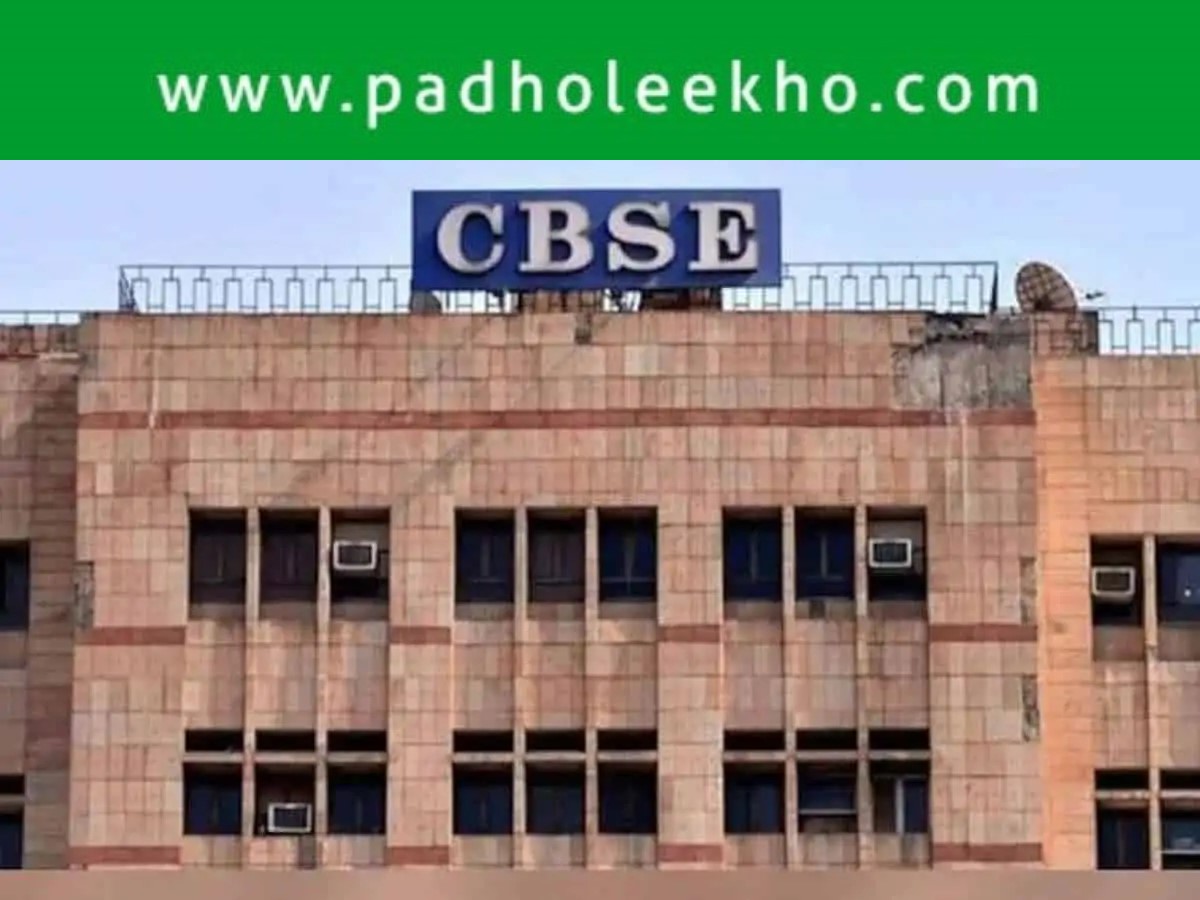The CBSE, like many other educational boards, has guidelines and measures in place to prevent and detect plagiarism in academic work.
Here are some key points about this:
1. Guidelines for Academic Integrity: CBSE issues guidelines for maintaining academic integrity. Students and educators are expected to follow these guidelines to avoid plagiarism. These guidelines include proper citation and referencing of sources.
2. Teacher Training: CBSE often conducts workshops and training sessions for teachers to educate them about the importance of academic integrity and how to guide students in avoiding plagiarism. This helps teachers detect and prevent plagiarism at an early stage.
CBSE Class 1 to 12 Courses By Padho Leekho
3. Turn -it -in and Other Tools: Many schools affiliated with CBSE use plagiarism detection tools like Turn-it-in. These tools compare students’ work against a vast database of academic and non-academic content to identify potential instances of plagiarism.
4. Encouraging Originality: CBSE encourages students to express their ideas and thoughts in their own words. This emphasis on originality is reinforced in the assessment and evaluation process.
5. Strict Assessment: Examiners and teachers are trained to recognize and report cases of plagiarism. If a student’s work is found to be plagiarized, it can result in penalties, including a loss of marks or even disqualification from the examination.
6. Parent and Teacher Awareness: CBSE often involves parents in the education process to ensure they understand the importance of academic integrity and can help students avoid plagiarism.
Central Board of Secondary Education (CBSE) functions and examinations
The Central Board of Secondary Education (CBSE) conducts various functions and examinations to fulfill its role as one of the most prominent educational boards in India.
Here are some key functions and examinations conducted by the CBSE:
1.School Curriculum and Affiliation: CBSE designs and prescribes the curriculum for affiliated schools. It ensures that schools follow a standardized curriculum to maintain quality education. Schools seeking affiliation to the CBSE must meet specific criteria and adhere to the prescribed curriculum.
2.Board Examinations: The CBSE conducts board examinations at various levels. The two most crucial ones are:
Class 10 Board Examinations (Secondary School Examination): These are usually taken at the end of a student’s secondary education (10th grade).
ENROLL For CBSE Class 1 to 12 Courses By Padho Leekho
Class 12 Board Examinations (Senior School Certificate Examination): These are conducted at the end of a student’s higher secondary education (12th grade).
5. National Eligibility Cum Entrance Test (NEET): CBSE used to conduct the NEET, a nationwide entrance examination for medical and dental courses. However, the responsibility for NEET has been transferred to the National Testing Agency (NTA).
6. Joint Entrance Examination (JEE): CBSE used to conduct the JEE Main, an entrance examination for admission to various engineering colleges. Now, the NTA is responsible for conducting the JEE Main.
7. Scholarship Examinations: CBSE conducts various scholarship examinations, such as the Central Sector Scheme of Scholarship for College and University Students and the National Talent Search Examination (NTSE).
8. Teacher Training: CBSE provides training to teachers through various workshops and programs to enhance their skills and keep them updated with the latest teaching methodologies.
9. Educational Research and Innovations: The CBSE encourages and supports educational research and innovations. It often introduces new methods, educational technologies, and teaching strategies for the benefit of students and educators.
10. Curriculum Development: CBSE periodically updates and revises the curriculum to incorporate changes in educational pedagogy and to align with national educational goals. This includes the introduction of new subjects and course content.
11. Publication of Educational Materials: The CBSE publishes textbooks and study materials to support its curriculum. These materials are designed to help students prepare for board exams effectively.
12. Affiliation and Regulations: CBSE is responsible for granting affiliation to schools and ensuring they comply with the guidelines and regulations set by the board. Schools must follow these regulations to maintain their affiliation.
13. Result Declaration: After conducting board examinations, CBSE is responsible for processing and declaring the results. Students can access their results online.
























